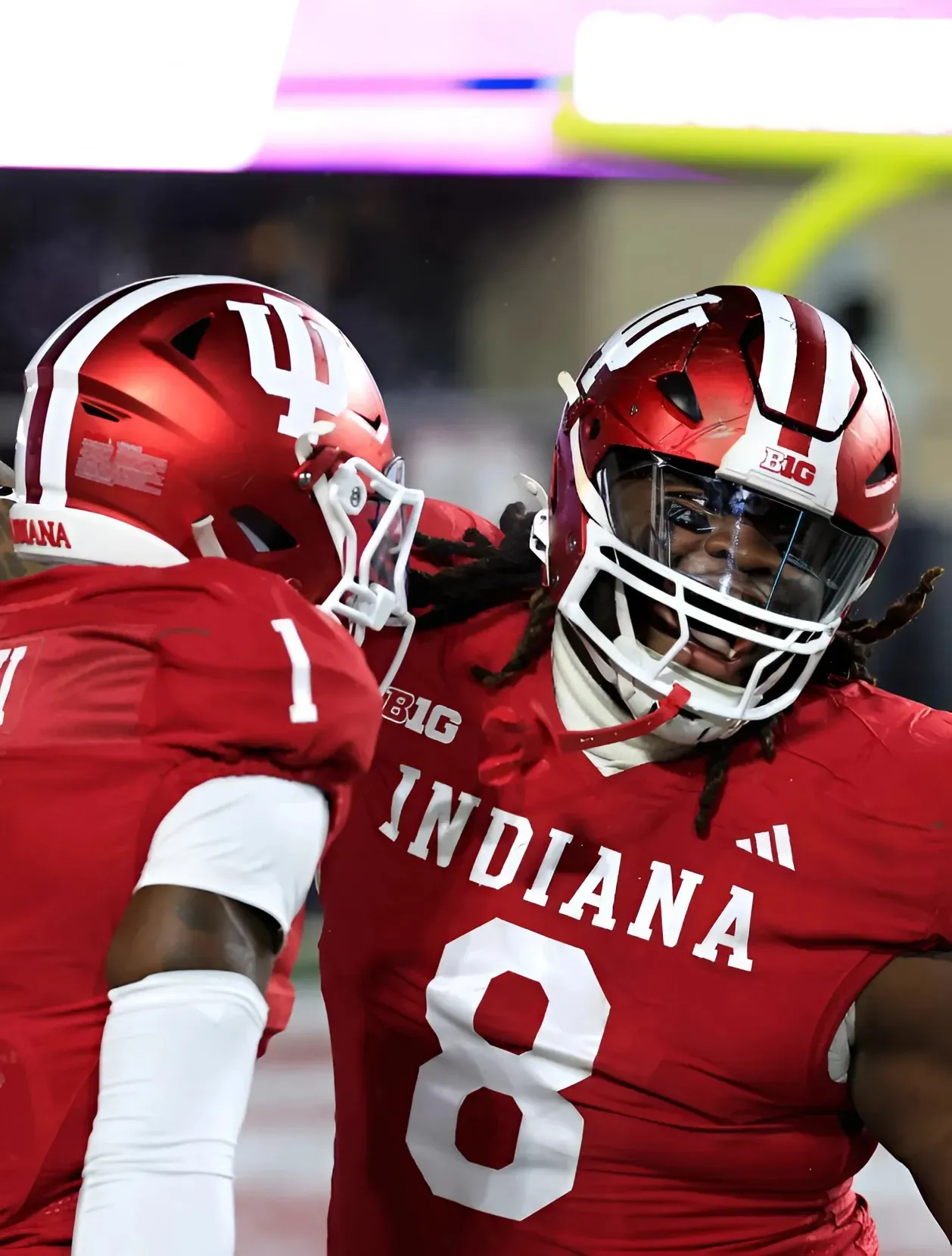
JEDDAH: The key to the success of season one of HBO’s acclaimed post-apocalyptic video-game-franchise adaptation “The Last of Us” was the relationship between world-weary smuggler Joel (Pedro Pascal) and his ‘cargo,’ 14-year-old orphan Ellie (Bella Ramsey), who’s immune to the parasitic fungal infection that wiped out the majority of mankind over the previous two decades.
In season two, which launches April 13 on OSN+, that relationship has become strained. In part because the now-19-year-old Ellie is raging against her father (-figure), as 19-year-olds will. But also due to the decisions Joel made in the season one finale (spoiler alert) — keeping Ellie alive by slaughtering dozens of people and possibly denying the world a cure.
So fans hoping for a repeat of the crackling chemistry between Pascal and Ramsey that made up the majority of season one’s screen time will be disappointed there’s not more of it here: Ellie has made friends from her own age bracket in the relatively peaceful township of Jackson over the five years that have passed since season one and is now living in Joel’s garage, rather than the main house. It’s a big loss, not having Joel and Ellie at the heart of the show, and none of the other relationships fully compensate.
However, once again showrunners Craig Mazin and Neil Druckmann (the latter of whom is also head of the games’ developer, Naughty Dog) have managed to navigate the line between satisfying fans of the games and viewers who know nothing of the story.
The season begins slowly, establishing the new dynamics between Joel and Ellie, and introducing us to some of Jackson’s other inhabitants while showing that a functioning, peaceful community can still exist in an otherwise ruined world. Don’t get too cozy, though. We’re also introduced to Abby and her friends, who we quickly learn are survivors of Joel’s finale rampage out for vengeance. And they’re closing in on Jackson.
The mellow vibe disappears fast. There’s an all-out battle against a horde of infected that compares favorably with the very best of “Game of Thrones,” and displays of narrative audacity that only very skilled writers and performers can successfully pull off and still retain their audience — or, at least, the majority (some will definitely decide not to stick with it).
Like the game on which it’s based, season two is a different, darker, bleaker affair than the first, tackling topics that are rarely addressed in this genre: cycles of violence; the difference between justice and vengeance (or justice and selfishness); the destructive and constructive powers of love; the crushing devastation of grief; and much more. And, like the game, it’s a great piece of storytelling that rewards your attention.


-1742458004-q80.webp)
